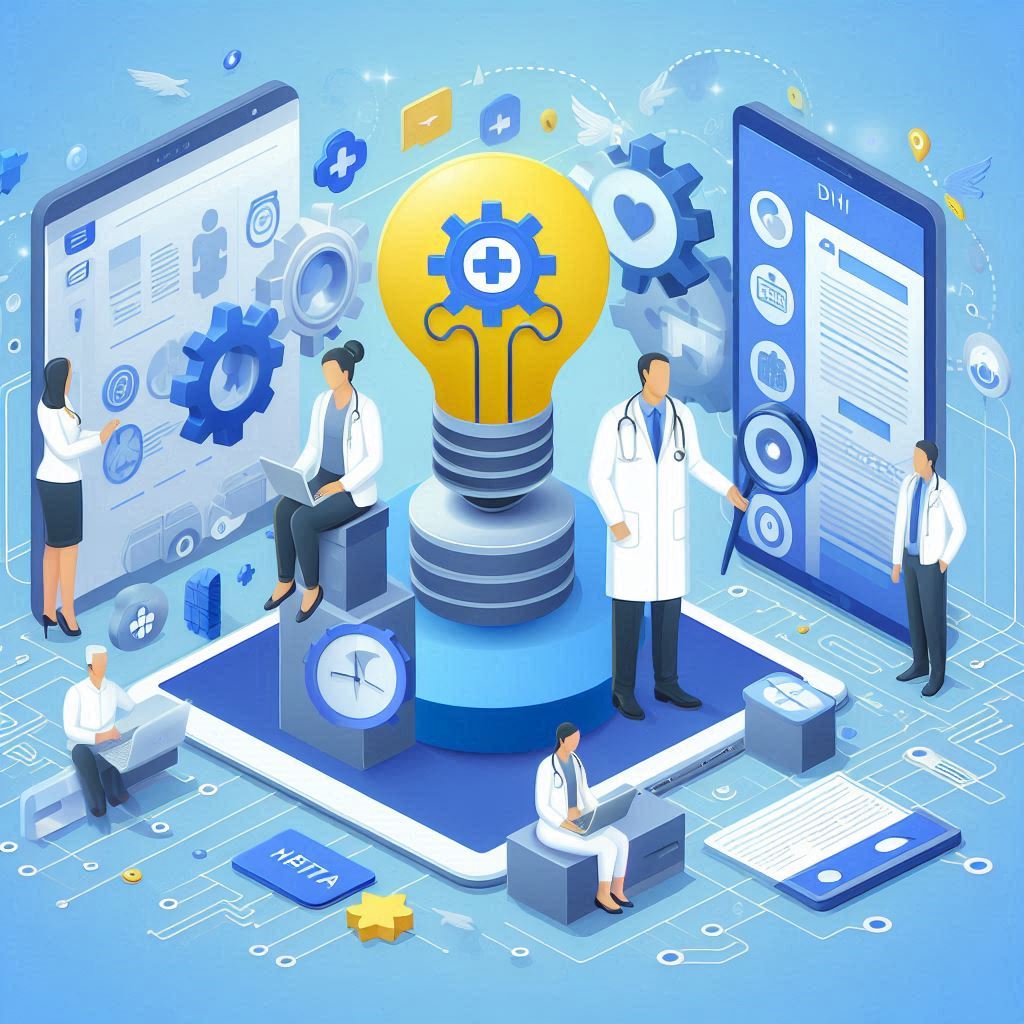-

Getting Paid: How Medicare and Medicaid Reimbursement Works in Mental Health
Reimbursement challenges in psychiatric care—often referred to as PsychCare—are not just a bureaucratic concern. They directly impact access to mental health services, provider sustainability, and patient outcomes. Medicare and Medicaid, the two largest public payers in the United States, each carry distinct reimbursement protocols, documentation requirements, coding nuances, and compliance standards that influence the way…
-

Telehealth and RCM in Mental Health: Opportunities and Challenges
The convergence of telehealth and Revenue Cycle Management (RCM) in mental health has dramatically reshaped how care is delivered, billed, and reimbursed. As the demand for accessible mental health services skyrockets, telehealth offers a lifeline to millions of patients, particularly those in remote, underserved, or stigmatized communities. Yet, alongside these benefits, new administrative complexities and…
-

The Future of Automated Claims Processing in Psychiatry
The field of psychiatry, while foundational to mental health care, has long grappled with the complexities of claims processing. Unlike other medical specialties, psychiatric billing involves nuanced diagnosis codes, therapy durations, frequent prior authorizations, and diverse treatment plans that don’t always fit neatly into standard billing templates. As demand for psychiatric care skyrockets and the…
-

EHR and RCM Integration: What Mental Health Providers Need to Know
In the dynamic world of mental healthcare, technology continues to play a transformative role. Among the most pivotal innovations is the integration of Electronic Health Records (EHR) with Revenue Cycle Management (RCM) systems. While each system independently supports vital functions—clinical documentation and financial operations respectively—their seamless integration is especially critical for mental health providers, who…

Monday – Saturday 9AM – 5PM
Sunday – CLOSED





